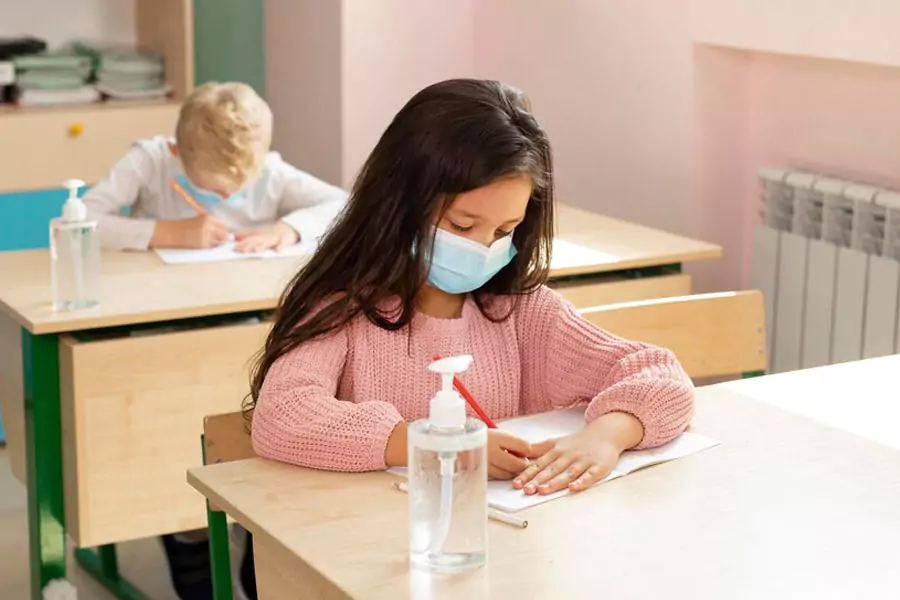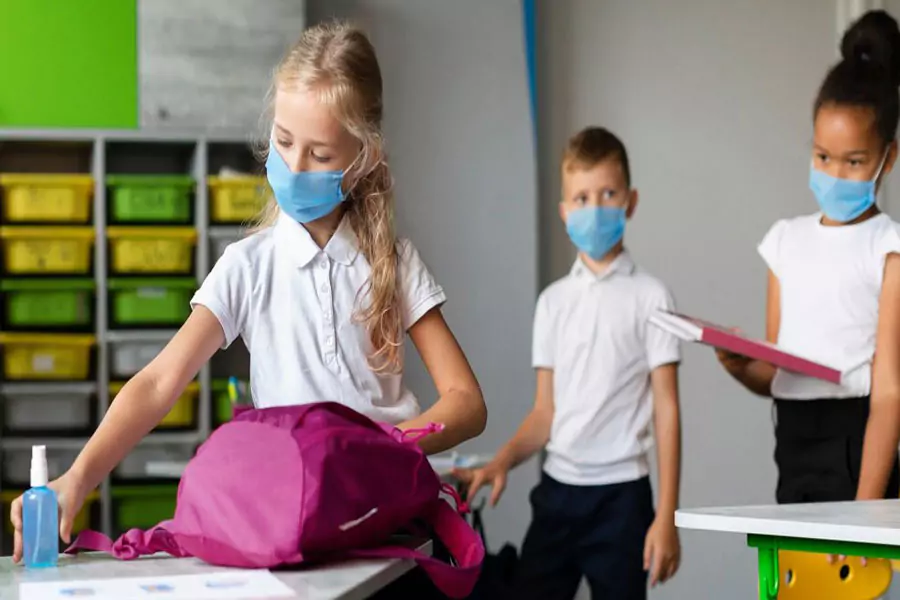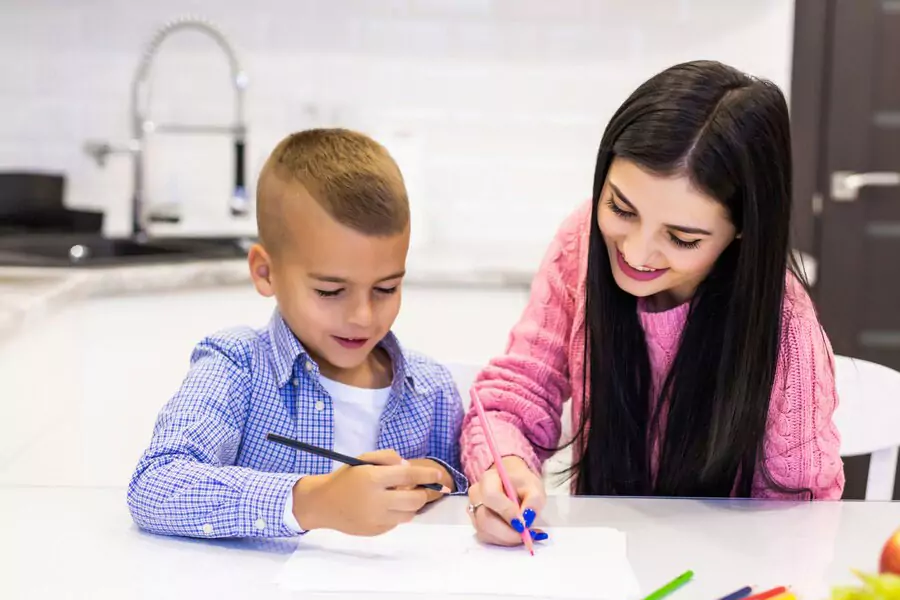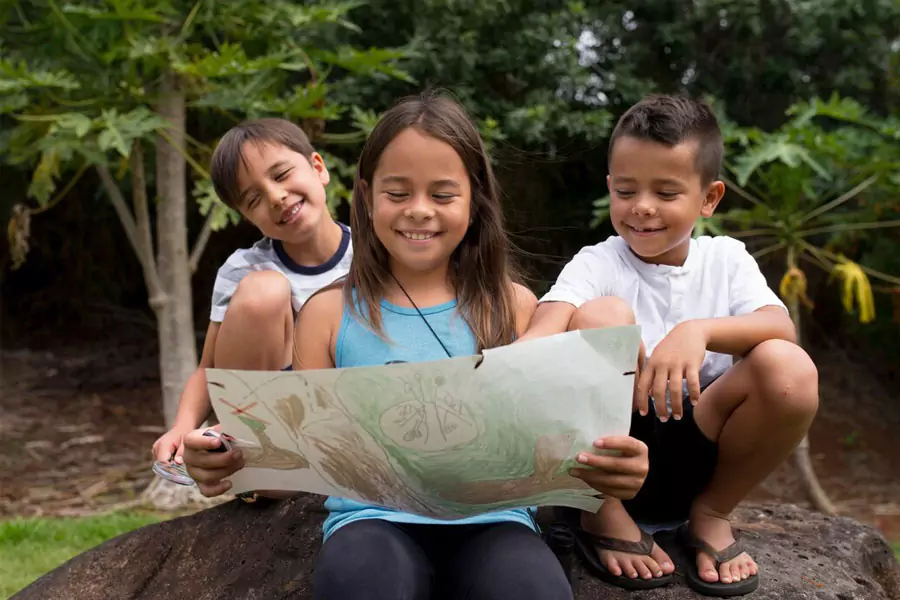
If you’re a parent in Dublin, CA, you already know the preschool search isn’t just about circle time and ABC songs. Instead, it’s about finding a place where your child feels safe, cared for, and protected. Let’s be honest: toddlers are messy, curious, and fearless all at once. That’s why safety and cleanliness are the backbone of a good preschool.
Parents often walk into a school and get wowed by the colorful murals or the new play equipment. However, the truth is that the shine doesn’t matter if the basics aren’t right. The way a school handles handwashing, sick kids, or even who walks through the door tells you far more than any brochure.

There is always a little explorer in every kid. They touch everything, share toys, and sometimes share germs too. Now, you might be wondering whether your kid’s preschool is serious about cleaning or not. Well, you can find out within a week, usually after your child brings home their first cold. And while sniffles are part of childhood, constant illness shouldn’t be.
Safety matters in the same way. Sure, scraped knees happen. But what about open gates, broken toys, or teachers who look distracted? That’s a risk no parent wants to take. In a good preschool, kids can run and climb freely, while staff keep a watchful eye.
Here’s something every parent should know: trust your gut the moment you step inside. What’s the vibe? Is there someone on the front desk, or is anyone allowed to walk in and explore? Are cubbies labeled and tidy, or are shoes and backpacks spilling everywhere?
Even the smell tells a story. For example, fresh and clean usually means the staff takes pride in their space. On the other hand, a strong chemical smell might mean over-cleaning with harmful products, while musty odors suggest that the preschool staff isn’t serious about cleaning.

During your preschool tour, don’t be shy. Ask about the details. A confident director will answer without hesitation.
Policies on paper are one thing, but watch what happens in real time. Do kids wash their hands before snack? Are teachers reminding them gently, or rushing them through?
Snack prep is another moment of truth. For instance, look for gloves, utensils, and food served on clean trays. If you see food passed around by hand, that’s not great. Equally important, teachers should model hygiene by washing their own hands right in front of the kids.
Here’s what every parent should check right away:
Take a slow walk around the outside. Is the fence secure? Is the ground soft where kids might fall? These details show how much the school thinks ahead.
Staff make or break the experience. Ask if everyone has background checks, not just lead teachers. Also, find out if all staff are CPR and first-aid trained. Emergencies don’t wait for the one certified teacher to return from break.
As a parent, you should also ask about training. Because safety standards change, teachers should take refresher courses. Therefore, you want a school where learning never stops, whether for the staff or the kids.
These are the “quiet” routines, but they matter. Diaper changes should happen in a designated spot, with gloves, disinfectant, and handwashing every time. Bathrooms for older kids should be clean, stocked with soap, and supervised without hovering.
At nap time, mats should be spaced apart and not lined up like a slumber party. And bedding should either be provided fresh by the school or sent home weekly for washing.
Many parents forget to ask this, but it’s key. Some schools use bleach-heavy products that linger in the air. Others stick with gentler, child-safe cleaners. Ask which they use.
Ventilation matters too. In Dublin, with dry summers and allergy-prone springs, good airflow makes a difference. Do they open windows? Replace HVAC filters? Use purifiers in classrooms? These little details add up.
Whether the school provides meals or you pack a lunch, ask how food is stored. Specifically, refrigeration should be at the right temperature, and reheating should be safe. If allergies are an issue for your child, see how the school communicates those restrictions to all staff. For example, a chart on the wall or a bracelet system are both good signs.
A preschool that values families won’t leave parents guessing. Instead, ask how they communicate about minor injuries, illnesses, or even a rough day. Some use apps, others phone calls, and some daily sheets. The method doesn’t matter as much as the consistency.
And here’s the big one: how do they handle feedback? If a school welcomes questions and doesn’t get defensive, you’ve found a partner, not just a provider.
Therefore, if you see any of these, take them seriously, and ask follow-up questions.

At Nurture Kids in Dublin, CA, we know parents care about more than lesson plans. That’s why safety and cleanliness come first here. From secure entrances to daily sanitizing routines and trained staff, we’ve built an environment where children can learn, play, and grow with confidence.
So, if you’re ready to see the difference, schedule a tour today. Walk through our classrooms, meet our teachers, and see for yourself how seriously we take your child’s well-being. Contact us now; we’d love to welcome your family.



Copyright wenurturekids © 2025. All Rights Reserved
